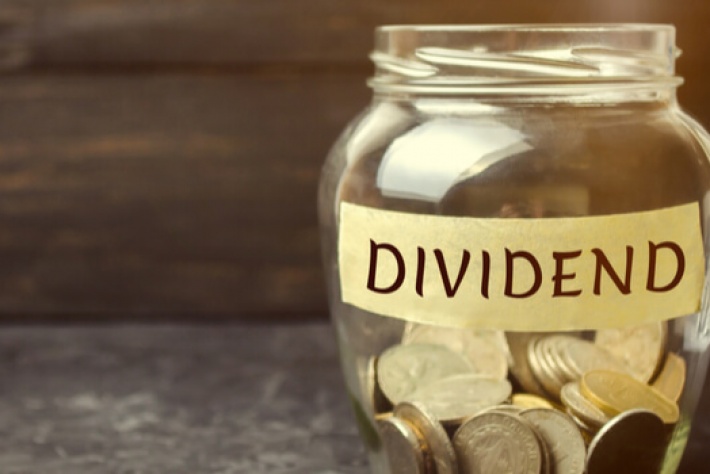How much dividend can I take from my company tax-free?

Dividends can be a complex area for company directors, not only with regard to when a dividend can be taken, but also for the tax that becomes due. You’re able to take some dividends tax-free in each financial year, as there’s a dividend allowance in place for individual shareholders.
So let’s look a little more at dividend tax in the UK, and how much you can take tax-free.
What is dividend tax?
As a shareholder you can earn an income from your investment in the form of dividends, but as with any other form of income, you may have to pay tax on it. The tax on dividends is lower than some other forms of income, however, and you’ll pay less than on your earnings and pension income.
In addition to the dividend tax-free allowance, you also benefit from a personal allowance for income tax.
The dividend allowance and personal allowance
The personal allowance for the tax year 2020/21 is £12,500, and is available to most individuals who are resident in the UK. This is the amount you can earn tax-free if you’re income is under £100,000.
Any money earned above this threshold between 6th April in one year and 5th April in the next is taxed at the applicable rate, either the base rate, higher rate, or additional rate. The tax-free dividend allowance now stands at £2,000, having been reduced from £5,000 in 2018. Again, this is the threshold over which you pay tax on dividends you take from your company.
The tax you pay on dividends over the £2,000 allowance will be taxed according to the tax band you’re in – for the tax year 2019/20, these dividend tax rates are:
- Basic rate band: 7.5%
- Higher rate band: 32.5%
- Additional rate band: 38.1%
Bear in mind, however, that income tax and dividend tax are charged at different rates so the amount of tax you’ll pay in total depends on whether you’re looking at dividend or non-dividend income.
What to watch out for when taking dividends
Dividends can only be paid from your company when there are sufficient distributable profits available, so if you take a dividend when there’s not enough profit in the business, it will be regarded as an illegal dividend.
You also need to follow specific procedures when taking a dividend, including documenting the facts and figures when one is declared. This protects you from allegations of wrongdoing should the company become insolvent at any point, and the company is liquidated.
It’s a good idea to check with your accountant that a dividend can, in fact, be paid. If you don’t currently have accountancy help or are looking for a new accountant, our team of experts can help.
Handpicked Accountants provide recommendations for reliable accountants across the country. We’re able to do this based on well-established knowledge of the accountants in our network – their qualifications, expertise, and reliability. Please contact us for more information, and we’ll put you in touch with a trustworthy finance professional.


